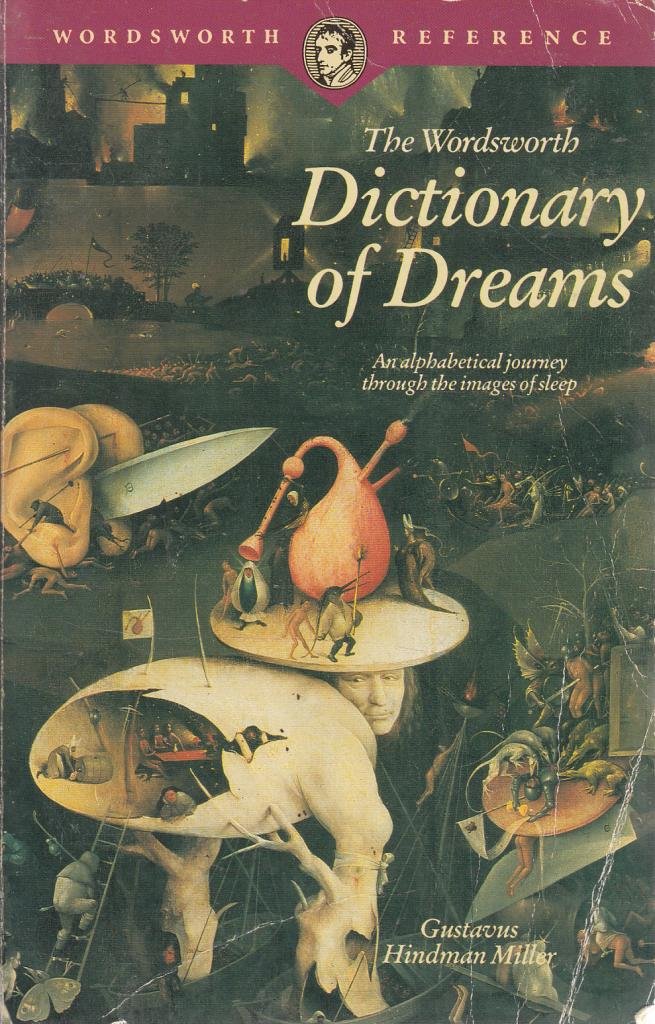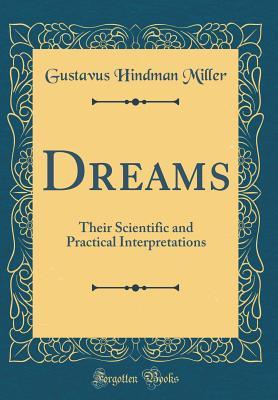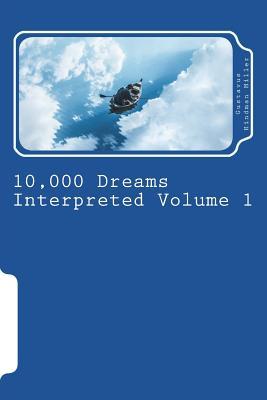
Gustavus Hindman Miller was a prominent American merchant, manufacturer, financier, author, and civic leader based in Chattanooga, Tennessee. Born in frontier Texas in 1857, he was raised under modest and often difficult circumstances following the early death of his father during the Civil War. Despite these hardships, he pursued an education in Coryell County before entering the mercantile world alongside his brother Frank.
In the late 1870s, Miller moved to Tennessee and began a career in retail, first working as a clerk before founding his own businesses in Burrustown and Bell Buckle. By 1889, the Miller brothers had relocated to Chattanooga, where they established the Miller Brothers Company, a department store that would grow to become one of the largest in the South. Designed by architect Reuben Harrison Hunt, their flagship building was a landmark of downtown Chattanooga, admired for its architectural innovation and commercial success.
Alongside his retail ventures, Miller held significant positions in banking and manufacturing. He was President of Hamilton National Bank, founder of Buster Brown’s Hosiery Mills and the United Hosiery Mills Corporation, and an investor in various real estate and industrial enterprises. His leadership extended beyond business into civic life, and he was a member of Chattanooga’s elite social clubs.
An accomplished author, Miller wrote both fiction and nonfiction, including Lucy Dalton, Is Marriage a Failure?, and his best-known work, What’s in a Dream?, a popular book on dream interpretation. He also co-authored The Millers of Millersburg, a detailed family history. A lifelong Republican and a Unitarian, he balanced business with literature, often writing in the evenings after long days of work.
Miller married Nancy Tennessee Jameson in 1879, with whom he had eight children, three of whom survived to adulthood. In his later years, he maintained large agricultural holdings in Georgia and Mississippi and traveled extensively. Known for his energy, vision, and integrity, he remained active in business and public life until his death in 1929.
Miller’s legacy is reflected in the institutions he helped build, his literary contributions, and the enduring impact of the Miller Brothers Department Store on Chattanooga’s commercial development. His life journey from humble beginnings to regional prominence exemplifies the entrepreneurial spirit of his era.





